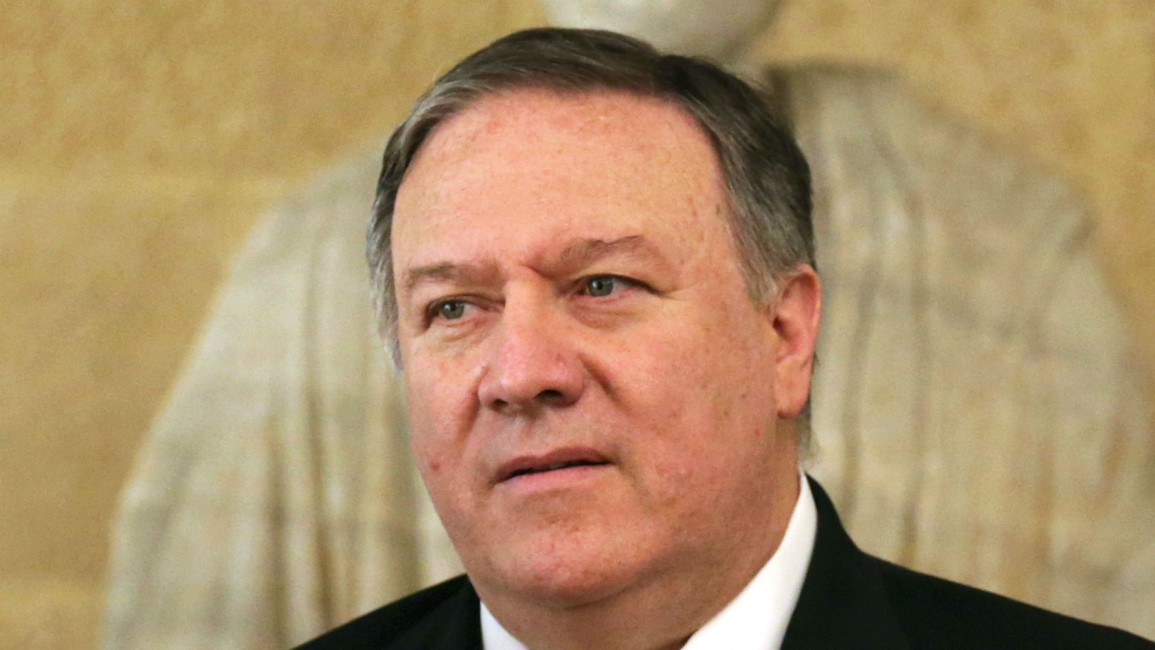US 'fundamentally' not seeking Iran war: Pompeo
"We fundamentally do not seek a war with Iran," Pompeo told a joint news conference with Russian Foreign Minister Sergei Lavrov in the Black Sea resort of Sochi.
But he added: "We have also made clear to the Iranians that if American interests are attacked, we will most certainly respond in an appropriate fashion."
Pompeo said that he spoke both to Lavrov and, on Monday in Brussels, to European allies about the threat the United States sees from Iran.
His remarks come after the United States deployed an aircraft carrier strike group and nuclear-capable B-52 bombers to the Middle East, although President Donald Trump denied a report that he is considering sending 120,000 troops.
"We are looking for Iran to behave like a normal country," Pompeo said, pointing in part to Tehran's backing of Houthi rebels in Yemen who are under attack from US ally Saudi Arabia.
Houthi rebels "are launching missiles into areas where there are Russians and Americans travelling. These missiles could easily kill a Russian or an American," Pompeo said.
The comments came after a series of attacks in the Gulf region in recent days.
On Tuesday, Yemen's Houthi rebels shut down one of Saudi Arabia's main oil pipelines after a series of drone strikes.
Saudi Arabia - the world's largest crude exporter - said two pumping stations on a major Saudi oil pipeline were struck by drones early on Tuesday with the Houthi rebels claiming credit for the attack.
The stations lie on the East-West Pipeline, able to pump 5 million barrels of oil a day from the oil-rich eastern province to a Red Sea export terminal.
The announcement came hours after Yemen's Houthi rebels said they had targeted vital installations in Saudi Arabia, which leads a military coalition against them.
It came just a few days after four commercial vessels of various nationalities were allegedly targeted by acts of sabotage off the coast of the UAE.
The reported pipeline attacks came after the UAE said four ships were damaged in "sabotage attacks" off the emirate of Fujairah, close to the Hormuz, on Sunday.
Washington and its Gulf allies stopped short of blaming Riyadh's regional arch-rival Tehran for the sabotage, but US President Donald Trump warned Iran against doing anything to harm US interests.
"If they (Iran) do anything, it would be a very bad mistake," Trump warned at the White House.
Iran's President Hassan Rouhani hit back, saying the Islamic Republic was "too great to be intimidated by anyone".
The attacks came after the US deployed the USS Abraham Lincoln carrier group, an amphibious assault vessel, a Patriot missile battery and B-52 bombers, triggering fears of a possible military confrontation.
Follow us on Twitter: @The_NewArab



